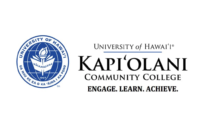
A Confirmatory Factor Analysis of a Teaching Presence Instrument in an Online Computer Applications Course
Academic research has consistently shown effective teacher presence to be a significant factor in stu-dent satisfaction, engagement, perceived learning, and sense of community. The need for effective teaching presence remains of significant importance, particularly with the vast growth of online courses and online degree programs. It is, therefore, also necessary to evaluate the instruments used […]














